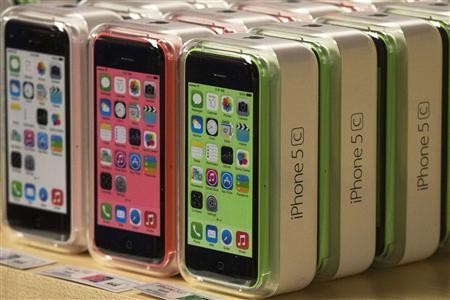Apple continues to decline the federal government's request for access to the backdoor of iPhones which made the Department of Justice (DOJ) file a lawsuit against the tech giant.
The reason of the Cupertino-based company in rejecting the DOJ's request is backdoor access would create new vulnerabilities and be bad for the Apple brand, reports TechTimes. Apple, though, admits it could technically bypass the phone's password security but refuses, reports Engadget.
Without Apple's cooperation, the DOJ cannot access the evidence it needs for a drug case involving a male iPhone 5 owner who is facing charges of possessing and distributing methamphetamine. The DOJ is frustrated by Apple's uncooperativeness in this instance because the company used to extract data and pass it to law enforcement agencies in the past.
Given the situation, the DOJ is questioning Apple's legal protection as licenser of the software that run iPhones. It argues, "Apple cannot reap the legal benefits of licensing its software in this manner and then later disclaim any ownership or obligation to assist law enforcement when the same software plays a critical role in thwarting execution of a search warrant."
Apple says opening the iPhone 5Cs would use a lot of resources, yet the move does not assure that the government would find usable information from the gadget. Since the phone involved runs on iOS 7, it would make it impossible to circumvent the passcode of any iPhone that runs on iOS8 and later operating systems.
In 2014, there were speculations that the National Security Agency as back door access to the iPhone 6, but Apple denied that its flagship device is spying on its owners.



























